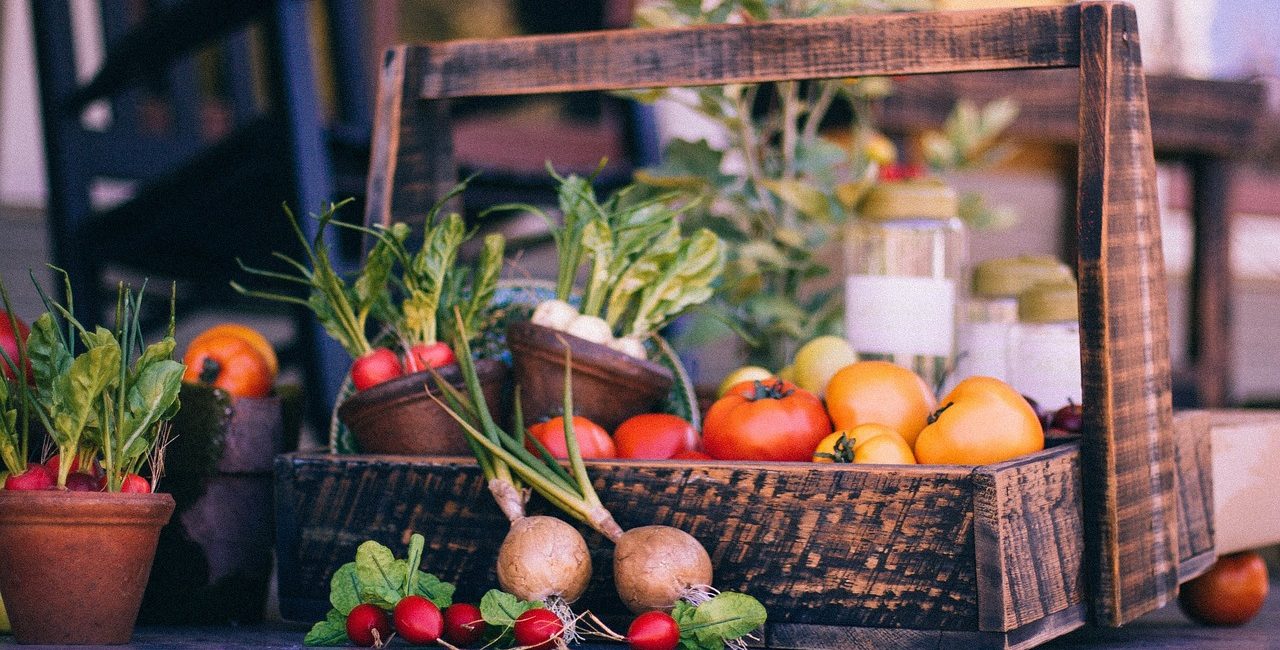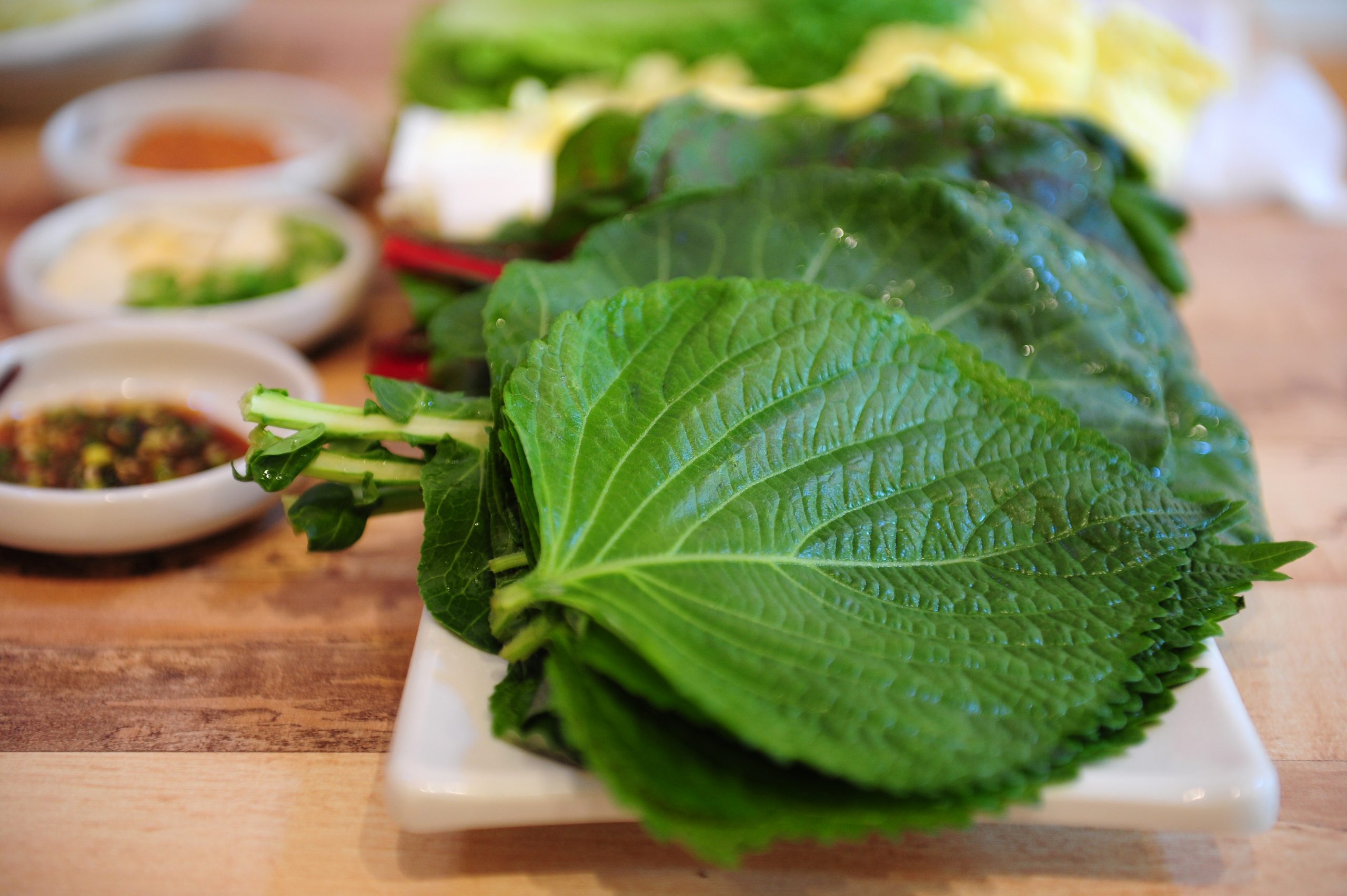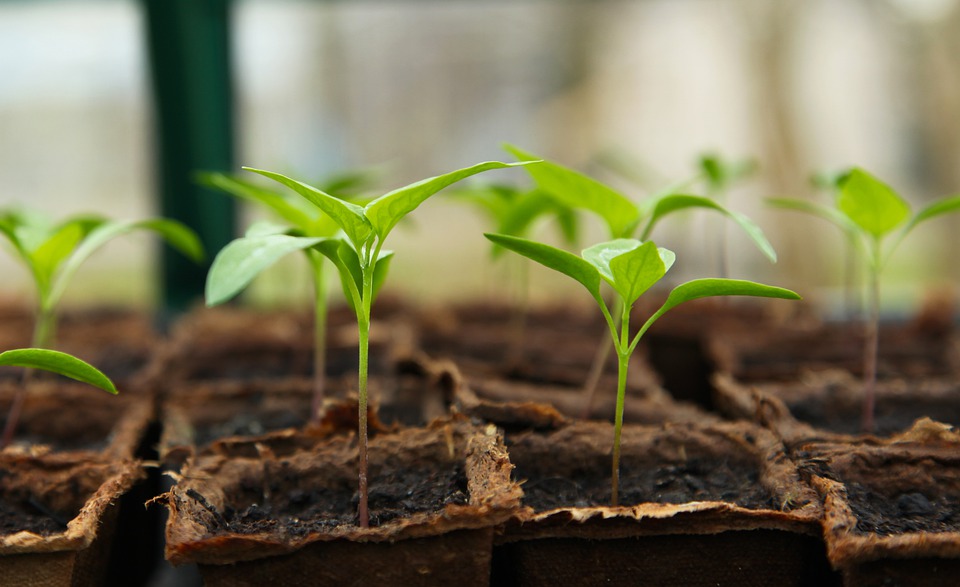As any seasoned gardener can tell you, the battle against garden pests can be relentless. However, there’s a natural and effective way to combat these unwelcome visitors—companion planting. Companion planting involves growing specific plants together to provide mutual benefits, such as pest control, improved pollination, and enhanced soil health. In this article, we’ll explore the top 5 companion plants that can help you maintain a pest-free vegetable garden.
-
Marigolds (Tagetes spp.)
Marigolds are renowned for their bright, cheerful flowers, but they are equally famous for their pest-repelling properties. Their pungent scent and root exudates deter a variety of garden pests, including nematodes, aphids, and whiteflies. Marigolds can be planted throughout your vegetable garden, serving as a natural barrier against these common threats.
When planting marigolds as companions, consider interplanting them with tomatoes, beans, or cabbage. The marigold’s vibrant blossoms will not only discourage pests but also add a pop of color to your garden.
-
Basil (Ocimum basilicum)
Basil is a popular culinary herb that also acts as an effective companion plant for your vegetables. Its strong aroma helps to repel a wide range of pests, including flies, mosquitoes, and aphids. Additionally, basil can enhance the flavor and growth of neighboring vegetables like tomatoes and peppers.
Plant basil near your tomato plants to ward off aphids and whiteflies, or place it near beans to deter aphids and beetles. The bonus is that you’ll have fresh basil readily available for your kitchen.

-
Nasturtiums (Tropaeolum majus)
Nasturtiums are not only visually appealing with their vibrant orange and yellow flowers but also incredibly useful in the garden. They serve as a natural trap crop, attracting pests like aphids, whiteflies, and caterpillars away from your precious vegetables. These pests are drawn to nasturtiums and can be easily removed or treated, keeping your main crops unharmed.
Plant nasturtiums near your squash, cucumbers, or tomatoes to protect them from aphids and other common garden pests. The peppery-tasting nasturtium leaves and flowers are also edible, making them a delightful addition to salads.
-
Chives (Allium schoenoprasum)
Chives, with their slender green leaves and delicate purple blossoms, are not just a flavorful addition to your culinary creations; they are also fantastic at repelling garden pests. Their pungent scent deters aphids, Japanese beetles, and carrot flies, making them excellent companions for a variety of vegetables.
Plant chives alongside your carrots to protect them from carrot flies or near your apple trees to deter apple scab and aphids. Chives are low-maintenance and can thrive in various garden conditions.

-
Borage (Borago officinalis)
Borage, often called the “starflower,” is a versatile companion plant that attracts pollinators and deters harmful insects. Its bright blue, star-shaped flowers are magnets for bees and other beneficial insects, improving pollination in your garden. At the same time, borage repels pests like hornworms and cabbage worms.
Integrate borage into your garden by planting it near your strawberries, tomatoes, or cabbage. Its cucumber-like leaves are also edible and can be used in salads or as a garnish.
In conclusion, companion planting is a natural and eco-friendly way to maintain a pest-free vegetable garden. By strategically placing these top 5 companion plants—marigolds, basil, nasturtiums, chives, and borage—you can create a harmonious garden ecosystem that not only repels pests but also promotes healthy growth and increased yields. Embrace the wisdom of companion planting, and watch your vegetable garden thrive while keeping unwanted pests at bay. Your garden will not only be more productive but also more beautiful, thanks to the vibrant colors and scents of these beneficial companions.




